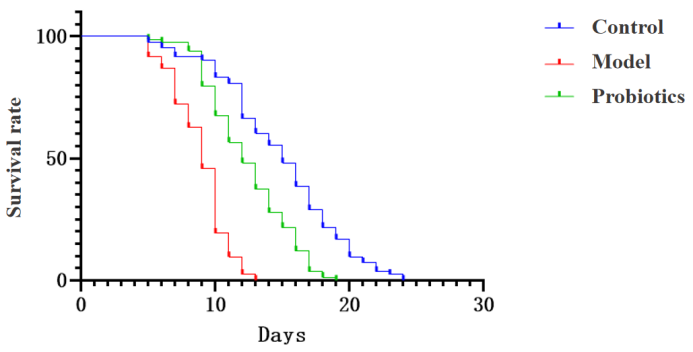Anti-infective Drug Screening
The development of anti-infective drugs faces growing challenges and difficulties due to increasing antibiotics resistance among pathogens, including bacteria, viruses, fungi and parasites. The rise of drug-resistant strains, such as methicillin- resistant Staphylococcus aureus (MRSA) and multidrug-resistant Mycobacterium tuberculosis (MDR-TB), has significantly reduced the effectiveness of traditional treatments. Although recent advancements in drug developments offer hope, the lengthy R&D cycles, high costs, and rigorous clinical trial requirements mean new drugs struggle to keep pace with the rapid evolution of resistant pathogens.
C. elegans is a powerful model organism for anti-infective research due to:
•Ability to simulate human immune responses.
•High genetic similarity to humans.
•Versatility in evaluating the effects of antibacterial, antiviral, and antifungal drugs using pathogen infection models.
Pathogen infection in C. elegans can be modeled by feeding it pathogenic microorganisms, which induces observable pathogenic effects, such as death of C. elegans. Conversely, pre-treatment with probiotics or compounds allows assessment of their protective or anti-infective properties.
Our Services
Our C. elegans anti-infective drug screening service provides a rapid, cost-effective platform for discovering and validating potential anti-infective drugs. We usually evaluate the anti-infective efficacy of compounds by tracking the number of deaths and survivals of C. elegans throughout its life cycle after pathogen exposure.

Figure 1 Feeding probiotics can reduce the pathogenicity of pathogenic microorganisms to Caenorhabditis elegans


